Tooth Crumbling During Pregnancy:
Pregnancy is a joyful time filled with excitement, but it also brings many changes to the body, some of which can affect dental health. One issue that some pregnant women experience is tooth crumbling. Understanding the causes, how to prevent it, and the best dental care during pregnancy is essential for the health of both the mother and the baby.
What is Tooth Crumbling?
Tooth crumbling refers to the gradual breaking or chipping of a tooth’s structure. It occurs when the enamel, which is the outer protective layer of the tooth, weakens due to factors like decay, trauma, or erosion. Over time, this damage can cause parts of the tooth to crack, flake, or crumble, leading to discomfort and potential dental issues.
What Causes Tooth Crumbling During Pregnancy?
Several factors during pregnancy can lead to dental problems, including tooth crumbling. Here are the most common reasons:
1. Hormonal Changes and Dental Health:
During pregnancy, hormone levels, especially progesterone and estrogen, increase. These hormonal shifts can:
- Make gums more sensitive to bacteria and plaque.
- Increase the risk of gum disease, like pregnancy gingivitis, which causes swollen and bleeding gums.
- Contribute to weaker teeth if left untreated.
2. Increased Acidity in the Mouth:
Morning sickness or acid reflux, common during pregnancy, raises acidity levels in the mouth. This acidic environment can wear down tooth enamel, making teeth more vulnerable to decay and crumbling.
3. Calcium Deficiency:
Calcium is essential for building your baby’s bones and teeth. If your diet doesn’t include enough calcium, your body may take it from your bones and teeth. This can weaken your teeth, making them more prone to decay and crumbling.
How to Prevent Tooth Crumbling During Pregnancy?
You can take steps to maintain strong teeth and avoid dental issues during pregnancy:
1. Maintain Good Oral Hygiene:
- Brush your teeth twice a day with fluoride toothpaste.
- Floss daily to remove food particles and plaque.
2. Eat a Balanced Diet:
- Include calcium-rich foods like dairy products, leafy greens, and almonds.
- Get enough vitamin D from foods like eggs and fortified cereals or safe sunlight exposure.
- Avoid sugary snacks and drinks, which can promote tooth decay.
3. Visit Your Dentist Regularly:
- Schedule dental check-ups during pregnancy to catch any problems early.
- Professional cleanings can help remove plaque and tartar.
- Inform your dentist that you’re pregnant so they can provide safe and suitable care.
Are Dental Treatments Safe During Pregnancy?
Yes, many dental treatments are safe during pregnancy, but some precautions are necessary:
- Routine cleanings and non-urgent treatments are safe and recommended.
- Emergency procedures, like treating severe decay or infections, should not be delayed.
- X-rays are usually avoided unless absolutely necessary. If needed, your dentist will take extra precautions to protect your baby.
Tips for Healthy Teeth During Pregnancy:
1. Use Pregnancy-Safe Products:
- Choose toothpaste and mouthwash that are safe for pregnancy. Consult your dentist for recommendations.
2. Stay Hydrated:
- Drink plenty of water to keep your mouth clean and reduce acidity.
3. Chew Sugar-Free Gum:
- Chewing sugar-free gum can help increase saliva production, which neutralizes acids and protects tooth enamel.
4. Rinse After Vomiting:
- If you experience morning sickness, rinse your mouth with water or a baking soda solution (a teaspoon of baking soda in a glass of water) to neutralize stomach acid.
FAQs:
Q1: Why do my teeth feel weaker during pregnancy?
Hormonal changes and calcium deficiency can weaken teeth, making them more prone to decay and crumbling.
Q2: Can pregnancy cause permanent tooth damage?
Without proper care, pregnancy-related dental issues like decay and gum disease can lead to long-term damage. Regular dental check-ups and good oral hygiene can prevent this.
Q3: How can I prevent tooth decay during pregnancy?
Brush and floss daily, eat a balanced diet rich in calcium and vitamin D, and visit your dentist regularly.
Q4: Are dental X-rays safe during pregnancy?
Dental X-rays are usually avoided during pregnancy unless absolutely necessary. If required, your dentist will take precautions to protect your baby.
Q5: What foods strengthen teeth during pregnancy?
Calcium-rich foods like dairy products, leafy greens, almonds, and fortified cereals can help strengthen your teeth. Vitamin D-rich foods like eggs and fish are also beneficial.
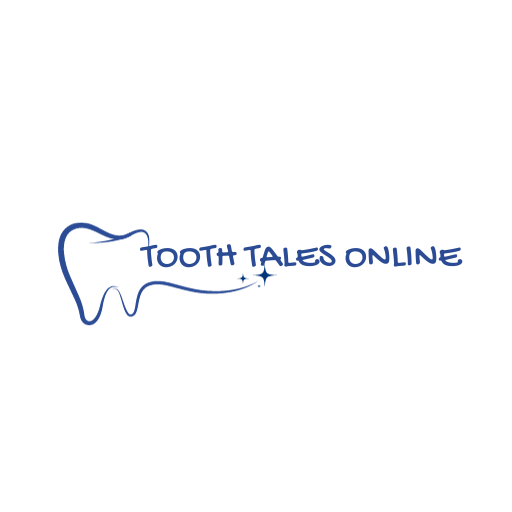
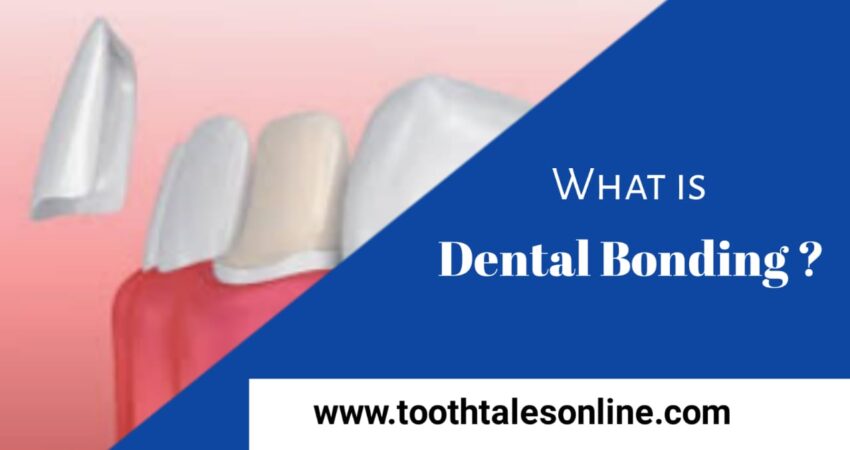
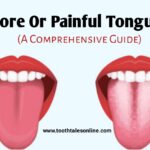
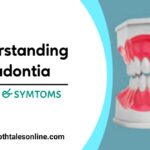
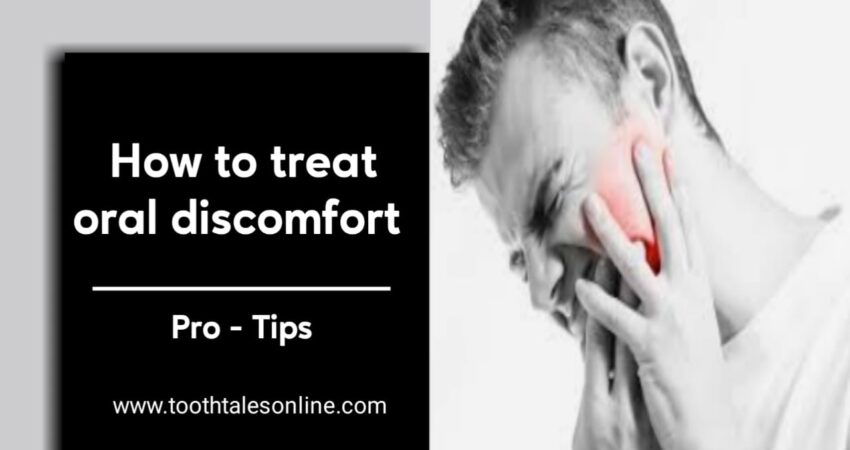
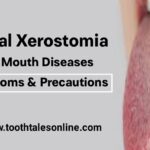

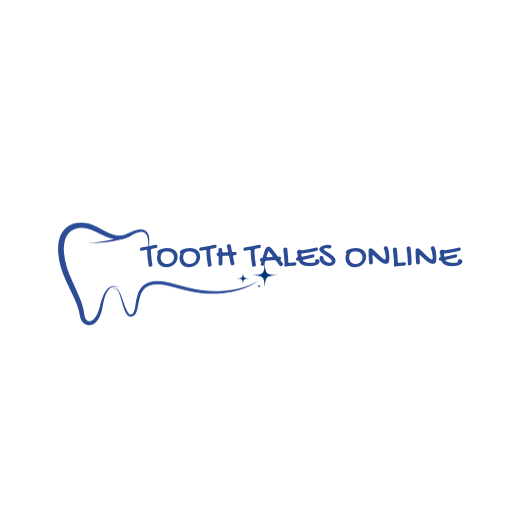
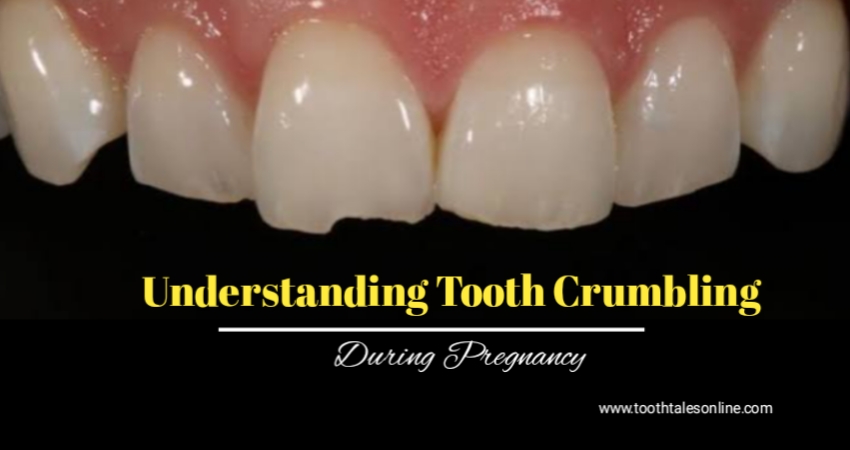

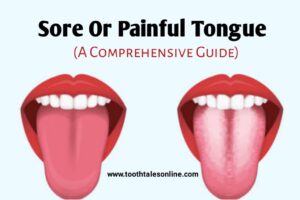
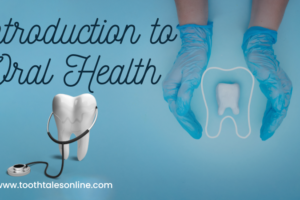










Add Comment